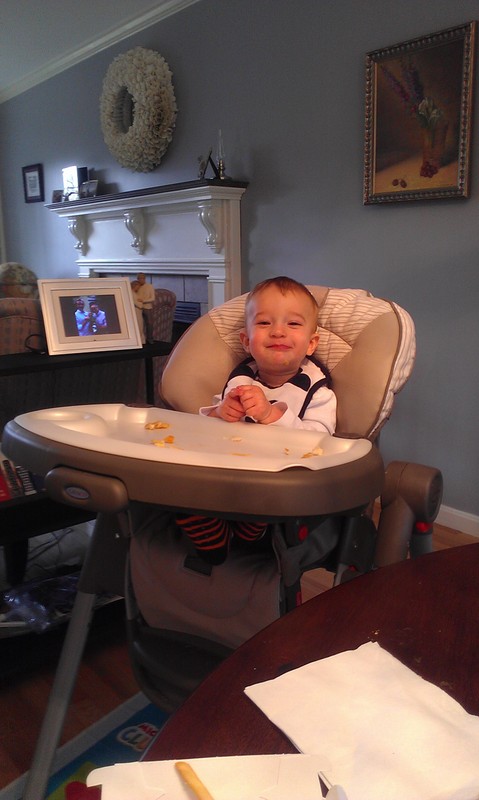Prodigies are always a hot topic, and with the publication of Andrew Solomon's Far From the Tree, they have been back in the news. While prodigies tend to come from fields where it is not necessary to go through physical maturation first (like music, math, chess, etc.), that is beginning to change as some parents push their kids to become pint-sized phenoms at younger and younger ages. With the development of the Internet and many more organized competitions in a variety of fields it's become easier to develop skill and talent in a variety of fields and activities. Running is one such area. Unlike baseball and football, which require specialized skills (although, as I wrote about last month, even football is seeing young stars in areas like quarterback), kids learn to start running shortly after they learn to walk. Three female running prodigies have recently made headlines.
1) Mary Cain-While she might not seem like a true prodigy given that she is 16, Cain is a prodigy when it comes to (middle- and long-distance) running-- a sport where women often do not peak until their 20s and even 30s. Cain is setting records (she set the American high school record in the 1500m at the World Junior Championships) and she is already so good that she caught the eye of legendary running coach Alberto Salazar, who is coaching her long-distance (pun intended). Cain is so good that she stopped running for her high school team and is now running as an independent-- though she is careful to preserve her NCAA eligibility.
2) Katylynn and Heather Welsch- The Welsch sisters likely aspire to be a runner like Cain someday. Today the girls inspire strong feelings-- sometimes admiration and awe, but more often concern and consternation. At only 12 and 10 they often compete in 13-mile trail runs and even in marathons. Their father coaches them in running and biking and pushes them to run faster than some men. The long NYT feature on them raised some question marks as it describes tears, injuries, and a high-level of parental involvement. While it's true that it's difficult to say what is best for a child, and I wouldn't presume to do so, I will hazard a guess that 4-6 years from now these girls won't be competing the way Cain does. Burnout and/or the puberty monster (hopefully they will hit puberty at a normal rate) will likely strike. Extreme, young athletes like the Welsch girls raise questions about how young is too young for little bodies.
My husband, who is a serious runner, is eager to get our son Carston running. Given John's competitive style, which I've written about before when it comes to our son swimming, this is not surprising. It also shouldn't be surprising that when John found out there was a kids' race as part of his traditional turkey trot race, he signed up our ten-month-old...
The "Kids' K" was 100 yards and Carston "ran" in the 4 and under age division. While he did start walking on his own about a week before the race, we had him use the little wooden walker he likes to use to tool around the house.
We also made sure to get a training "run" in beforehand to see if he could actually do the full distance. While slightly tongue-in-cheek, you can definitely get a sense of the fun chaos in our house-- and our different parenting styles-- from this video.
So how did the actual race go? Before the race started Carston was very interested in the race official, as you can see.
You may have noticed that according to his bib he was number 1. No, he wasn't the first one to sign up-- every child is given the number 1. Even among the youngest kids I find this (as someone who studies kids and competition) slightly ridiculous. In a race it is very clear-- even to a three-year-old-- who finished first, second, third, etc. In other competitions like chess and dance it's less obvious so I can understand other choices, but not so in running.
In any case, we held the Little Man back until the final heat in the 4 and under set (there were four, from what I could tell). He obviously got off to a pretty slow start. Here he is on the race course.
After getting a lift to the finish line (distracted by the cold and crowd he lost focus, unlike in his training video), he ended strong-- but only barely before the 5-6 age division started.
At the finish line every child got a medal. As I discovered while research Playing to Win, younger kids are quite taken with participation awards. But once they hit first grade or so they become much savvier. For this reason I'm sure that the 8-12 year-olds in particular would have much preferred an actual trophy if they won. In any case, I'm sure that someday Carston will appreciate his first medal that is just about his current length! In the interest of full disclosure, which gives you some real insight into how I feel about this medal, when his relatives said, "Oh, look what you won!" I replied, "Well, he didn't really win it, but I guess he earned it."
After the Kids' K, I bundled the Little Man up so John could push him in the five-mile race. John was actually the first person to finish the race while pushing a running stroller, so there's hope for Carston's competitive juices yet-- if only he'd been awake to see the big finish. By mile 2 Carston was out cold and he slept right on through the finish line and the walk back to our car.
Running is a great activity for kids. It burns off energy and can promote overall health. But like most things, when taken to an extreme it can be a negative experience. I don't envision Carstonr unning endurance races at age 10, but it'd be great if he was setting records at 16...
In any case I'm guessing even next year at 22 months he won't be very competitive at the Feaster Five. But I'm sure he'll enter, if only to get another shirt like this one.











